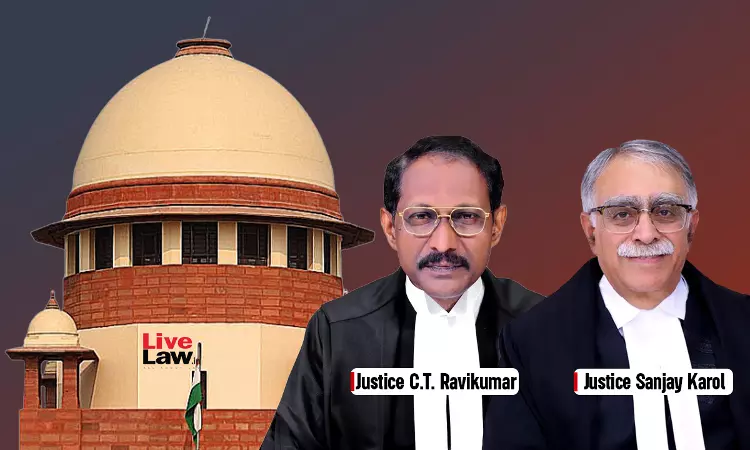The Supreme Court observed that while a proclamation issued under Section 82 Cr.P.C. cannot be enforced if the underlying case is quashed, the accused may still be penalized under Section 174A IPC for failing to appear in response to the proclamation, as it constitutes an independent offence arising from the initial proclamation.The bench comprising Justices CT Ravikumar and Sanjay Karol...

